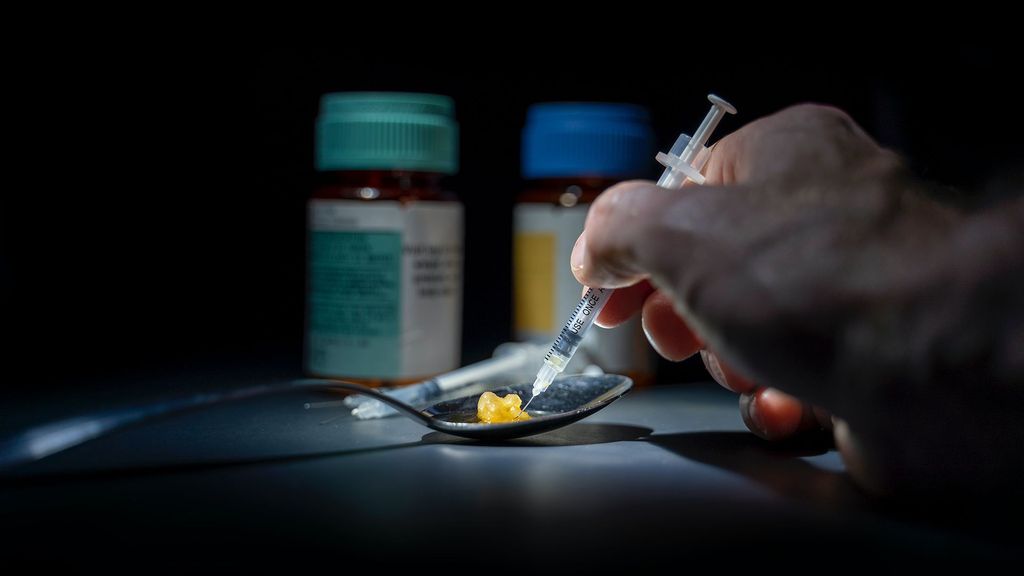WASHINGTON — According to the findings of new research, half of the adults aged between 20-39 with attention deficit hyperactivity disorder (ADHD) have had a substance use disorder (SUD) in their lifetime.
The study “Attention-Deficit/Hyperactivity Disorder and Alcohol and Other Substance Use Disorders in Young Adulthood: Findings from a Canadian Nationally Representative Survey” is published in the journal of “Alcohol and Alcoholism.”
This is markedly higher than the 23.6 percent of young adults without ADHD who have had a substance use disorder in their lifetime.
Even after considering factors such as age, race, income, education, childhood adversities, and other mental illness, young adults with ADHD were still 69 percent more likely to have had a substance use disorder when compared to their peers without ADHD.
Controlling for a lifetime history of mental illness and childhood adversities caused the largest attenuation of the ADHD-SUD relationship. One-quarter (27 percent) of those with ADHD had a history of depression, much higher than the prevalence among those without ADHD (11 percent).
“These results emphasize the importance of addressing depression and anxiety when providing care to those with co-occurring ADHD and SUD,” said Esme Fuller-Thomson, the lead author, Professor at University of Toronto’s Factor-Inwentash Faculty of Social Work and Director of the Institute for Life Course and Aging.
“Individuals with untreated depression and anxiety may self-medicate to manage the symptoms of an untreated psychiatric disorder, which can result in greater substance use.”
Those with ADHD also experienced high levels of adverse childhood experiences, with more than a third of young adults (35 percent) reporting being physically abused. One in nine said that they were victims of sexual abuse (11 percent) before the age of 16.
A strong association between childhood adversities and substance use disorder has been found in previous research as well.
“Childhood maltreatment may disrupt emotional regulation and the neuro-development of children, which may predispose them to later developing substance dependence,” said Danielle Lewis, co-author, a graduate of the University of Toronto’s Masters of Social Work (MSW) Program.
Alcohol use disorders were the most common substance abuse disorders among young adults with ADHD (36 percent), followed by cannabis use disorders (23 percent). Young adults with ADHD were also three times more likely to experience an illicit drug disorder (other than cannabis) when compared to their peers without ADHD (18 percent vs. 5 percent).
“One potential explanation for the extremely high rate of illicit drug use among those with ADHD is the accelerated gateway hypothesis,” said Senyo Agbeyaka, co-author, a recent University of Toronto MSW graduate who is a social worker at University Health Network.
“This theory posits that people with ADHD tend to initiate substance use at a younger age, resulting in riskier use and greater problem severity in adulthood.”
The data were drawn from the Canadian Community Health Survey-Mental Health, a nationally representative sample of 270 respondents aged 20-39 with ADHD and 6,602 without ADHD.
“The findings of our study underline the extreme vulnerability of young adults with ADHD,” said Fuller-Thomson.
“There is a clear need to develop prevention and treatment programs to address substance use issues among those with ADHD, while also promoting mental health and addressing childhood adversities.”
(With inputs from ANI)
Edited by Ojaswin Kathuria and Nikita Nikhil
The post Half Of Attention Deficit Hyperactivity Disorder Adults Have Had Substance Use Disorder: Study appeared first on Zenger News.

